My Search for Stories of Digital Empowerment Across India.
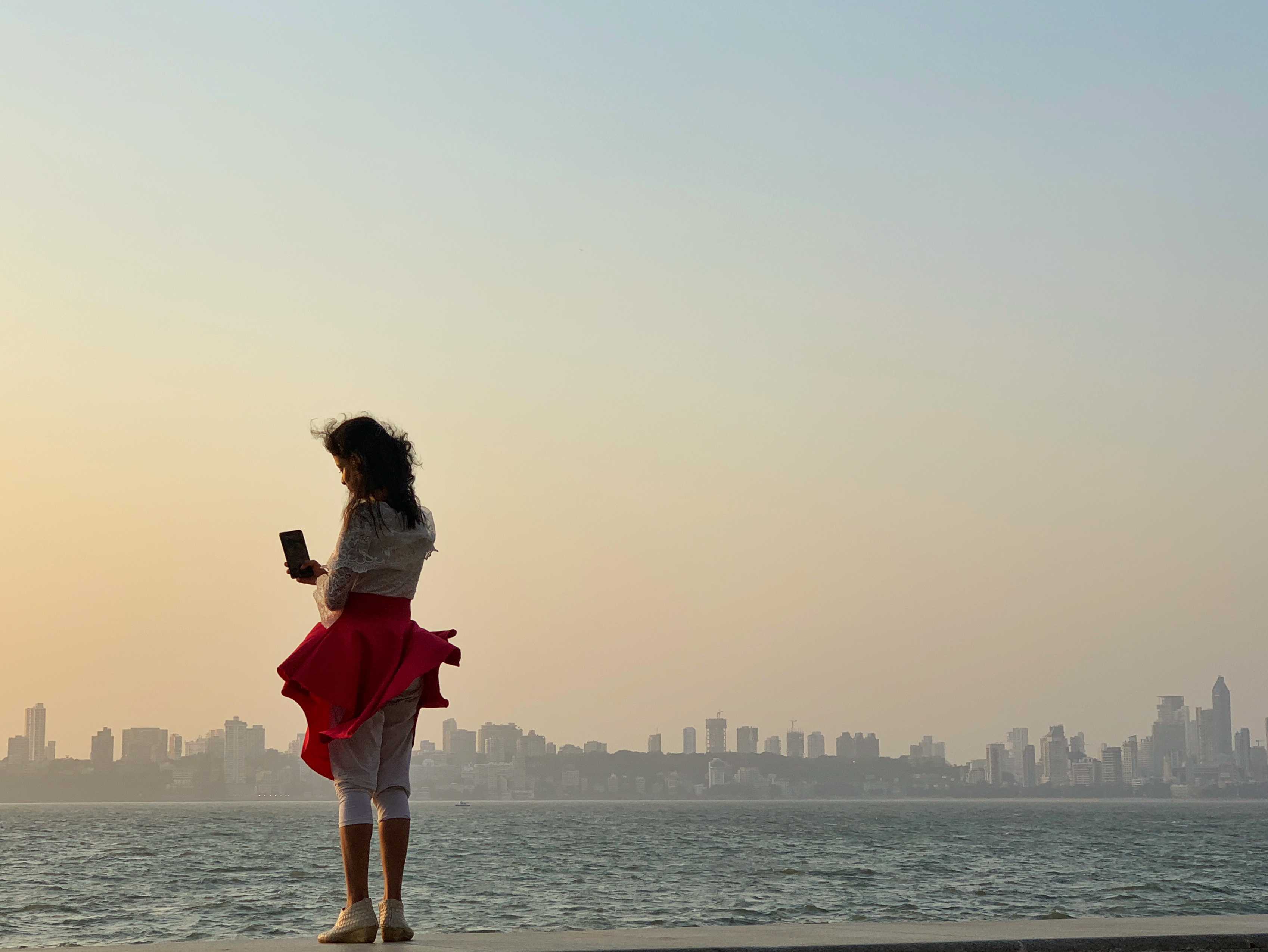
Under the grey clouds and golden light of the setting sun, I found myself amid the lush rice paddies of Kerala, listening to enchanting folk tunes by India’s first “bamboo orchestra”. The young men – radio jockeys, carpenters and farmers in their everyday life – came together to revive their lost music traditions and handcrafted their own bamboo instruments by learning from DIY videos on YouTube (Also read: Offbeat Kerala: 11 Travel Experience to Inspire the Artist in You). They’ve gone on to perform with their innovative instruments at national and international shows, laying the foundations of fusion music based on sustainability principles.
Time and again, I’ve met people on my travels across India, who’re leveraging the power of their smartphones and the internet to transform their life. Recently, in Himachal Pradesh, I hiked for a couple of hours to reach a remote village perched on a hill and was surprised to see two elderly women huddled over a smartphone, browsing a Facebook page, exploring new designs for the clothes they planned to weave! In Uttarakhand, I came across a passionate conservationist building a network of conscious locals through a WhatsApp group, to monitor forest fires.
Also read: Awe-Inspiring Homestays in the Uttarakhand Himalayas to Tune Out of Life and Tune Into the Mountains
https://www.instagram.com/p/BjjDfBZADBG/
Technology is at the core of my own digital nomad life too. So I’m delighted to partner with Airtel – the telecom network that has kept me connected all these years – to bring you inspiring stories of digital empowerment from around the country!
A personal connection with Airtel

Way back in 2007, I was at university in Singapore and travel blogging was nowhere on my radar. Airtel came to our campus to offer a lucrative internship, and the idea of working for a company set up by a visionary first-generation entrepreneur briefly drew me back to India. In retrospect, that experience exposed me to the many opportunities and challenges in the country, and paved the way for my eventual return to India, even as most of my friends settled into comfortable corporate lives in Singapore.
In 2011, I decided to quit my full-time job in Singapore and slowly began solo travelling across India. That was when Airtel became my network of choice. It offered far more widespread and reliable connectivity across India – especially the Himalayas – than any other operator, and empowered me to share many incredible encounters on the road.
Also read: What Solo Travel Has Taught Me About the World – and Myself
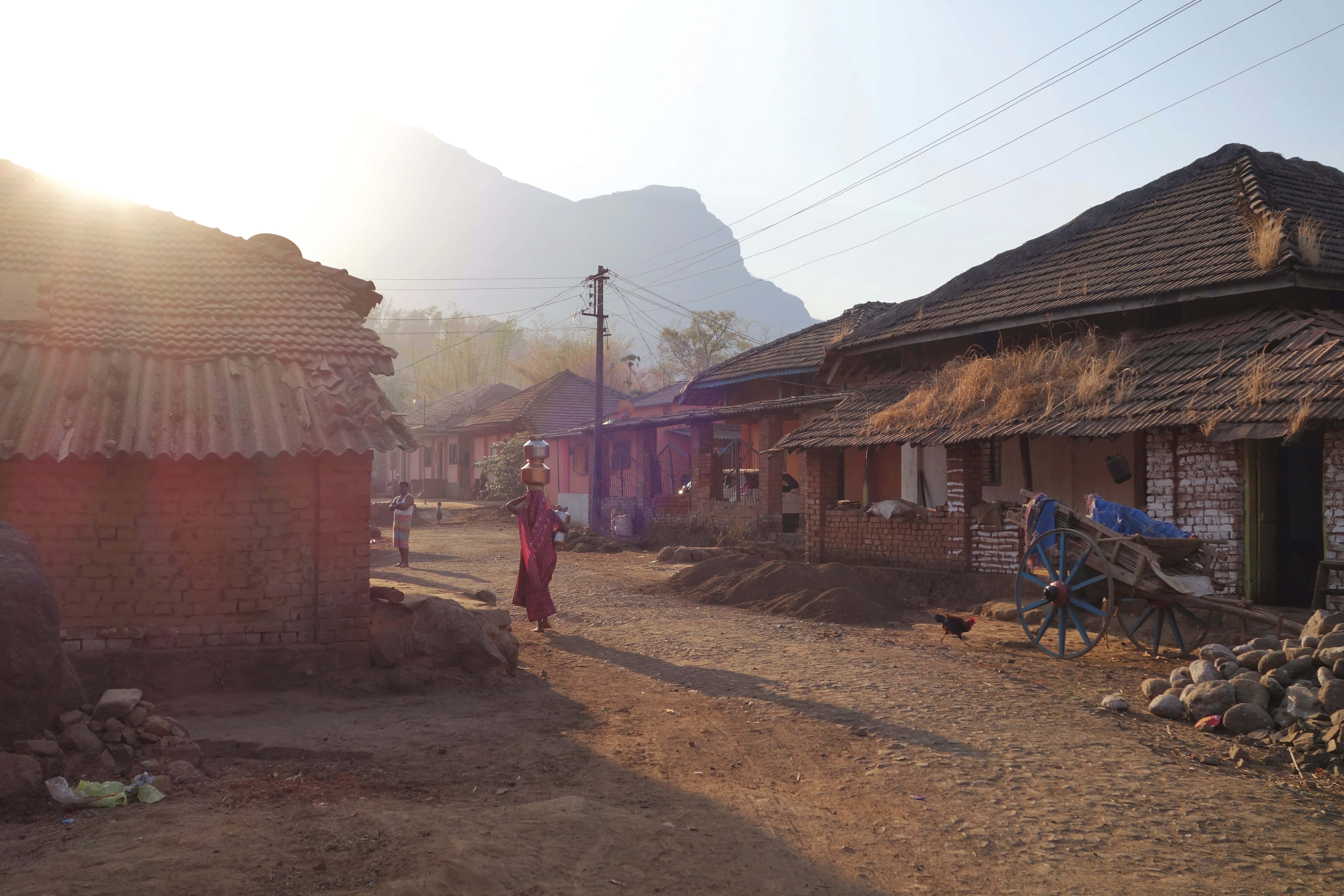
Now, in 2019, life has come full circle as I partner with Airtel 4G in my capacity as a travel blogger, to highlight positive stories of how technology and network connectivity are fueling business, passion and everyday life in India, especially in non-urban areas.
Also read: How Responsible Tourism Can Challenge Patriarchy in India
Digital empowerment stories in India
I’ll be travelling across India to find inspiring stories of people, especially women in rural India, who are using Facebook, YouTube, Instagram, Google, WhatsApp, text messages and other phone tools to solve everyday challenges, find a market for their products or connect directly with the outside world. I’ll be documenting these stories on Instagram with #ConnectedbyAirtel and on this blog – and hopefully going a step further by asking you to support these individuals in creative ways.
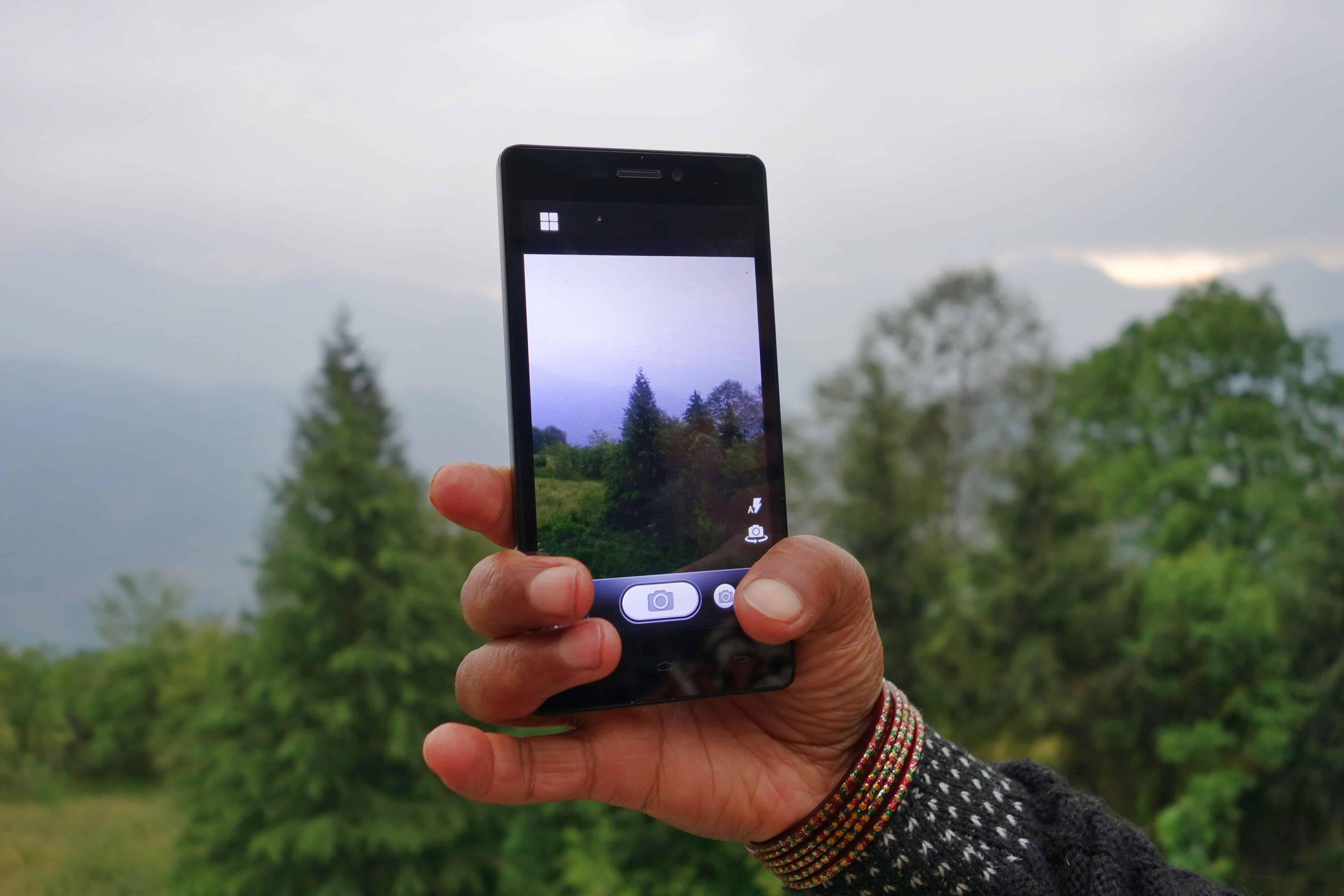
Perhaps you’ve met an artist on your travels who recently learnt to use YouTube to innovate a traditional craft; perhaps a mother in a countryside village who is using google to help her children study; perhaps a rural family running their business through WhatsApp? I’d love to hear about these stories, find the people in them and document their lives – in the hope that the digital revolution in India will continue connecting people, bridging the urban-rural divide and creating new economic opportunities across the country.
Have you come across someone in non-urban India using technology in a positive, empowering away?
*Note: I wrote this post as part of my digital empowerment campaign with Airtel. Opinions on this blog, as you know, are always mine.
Join my adventures around the world on Instagram, Facebook and Twitter.
Order a copy of my bestselling book, The Shooting Star.
Welcome to my blog, The Shooting Star. I’ve been called a storyteller, writer, photographer, digital nomad, “sustainability influencer,” social entrepreneur, solo traveller, vegan, sustainable tourism consultant and environmentalist. But in my heart, I’m just a girl who believes that travel – if done right – has the power to change us and the world we live in.


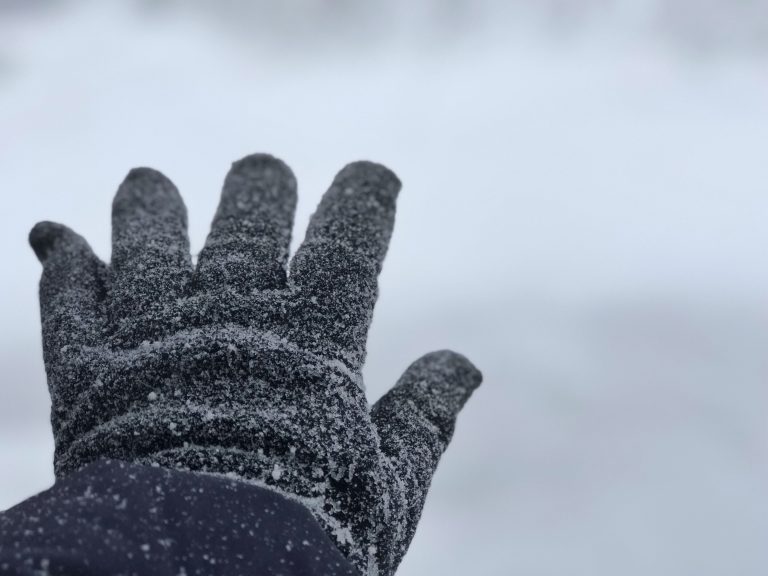
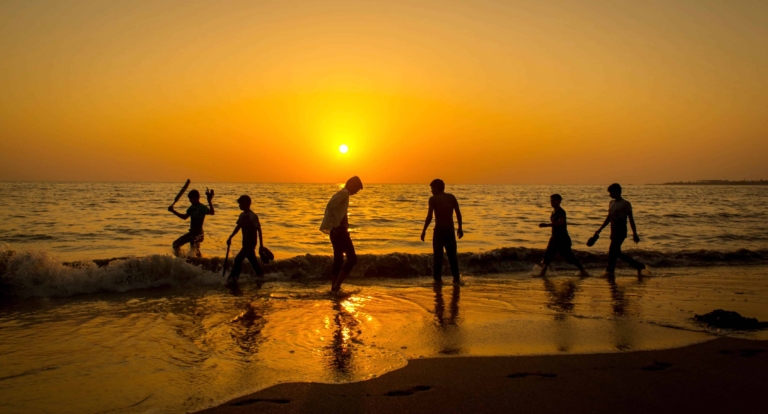
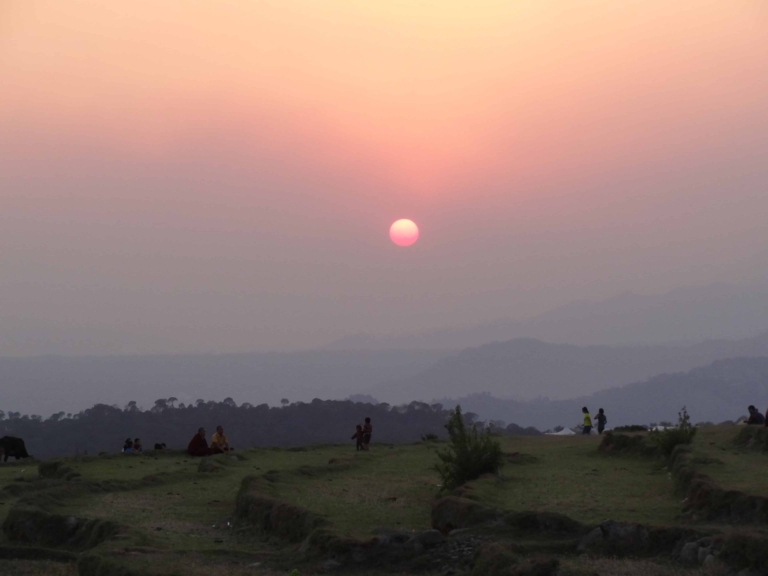
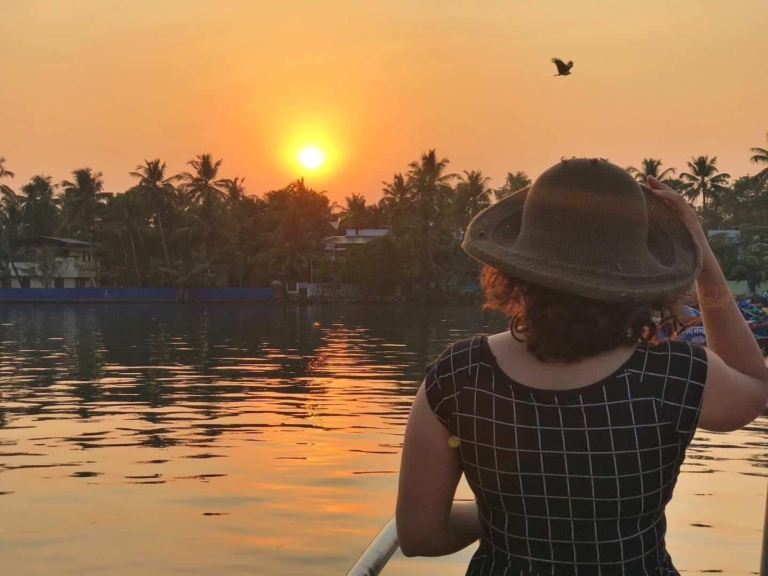
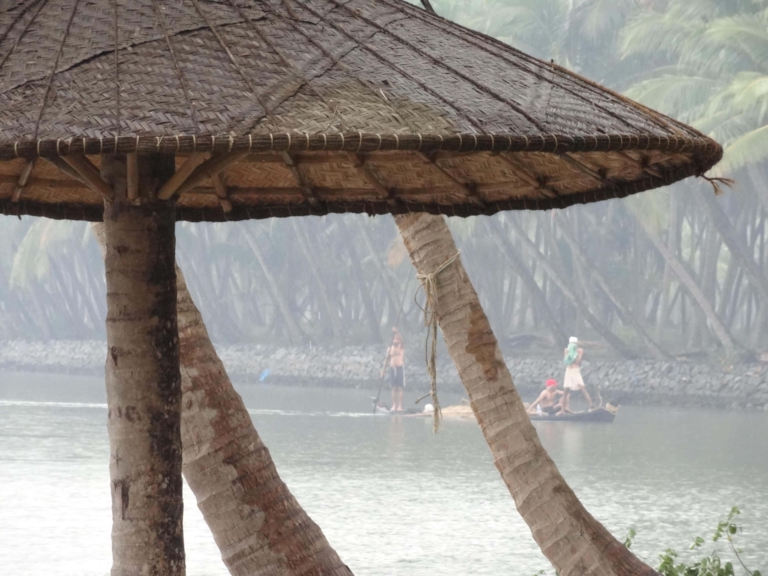
I came across one such story in my village, where a couple decides to settle in village after their retirement..they have come grown hundreds of fruit tress and development irrigation. Government too support such initiatives by providing funds.
Thanks for sharing, Kanchan. I’m looking for stories where smartphones / internet have played a big role, but of course afforestation is so important.
Shivya, thank you for this important post. I think it’s just fantastic, that like women in rural India have access to Face book an other digital medias, it will help them to communicate with the outside world and even support them in their lives, well that’s just one example. Wishing you amazing travelling as always. Best wishes from Cornelia from California
Thanks Cornelia! Already discovered some fascinating stories by way of this project; can’t wait to share them.
Your way of writing is very inspiring. Great work keep it up.
Aww, glad you feel that way!
What a noble and inspiring idea! Let’s spread the word so that people in other developing countries also unite through the Web opportunities for conscious living.
Absolutely; empowerment through technology can be so powerful!
Hi mam your book available in hindi Or marathi language
Unfortunately no. Haven’t found a translator / regional publisher yet.
Noble idea! have always found your posts with full of inspiring ideas. Thanks for sharing your insights and opinions. Best wishes!
So glad to hear you found some inspiration in my posts 🙂
This is really important. It’s also good to help educate them as much as we can.
It’s not a one way street though. We can learn so much more from them about sustainable living – the need of the hour!
The way of writing makes blog interesting to read.
Thanks Aman!
Thanks for sharing this! Loved The Post.
Enjoyed reading your article. I think digitization has helped in every sector and in every way of life. It has changed how things are done. It has increased the reach of people and also allowed to spread and gain knowledge in an effective way to not only people who are educated (schooled) but also to people who are uneducated (not schooled). It has broken the barrier wherein people from any background can use it for the benefit of the society.